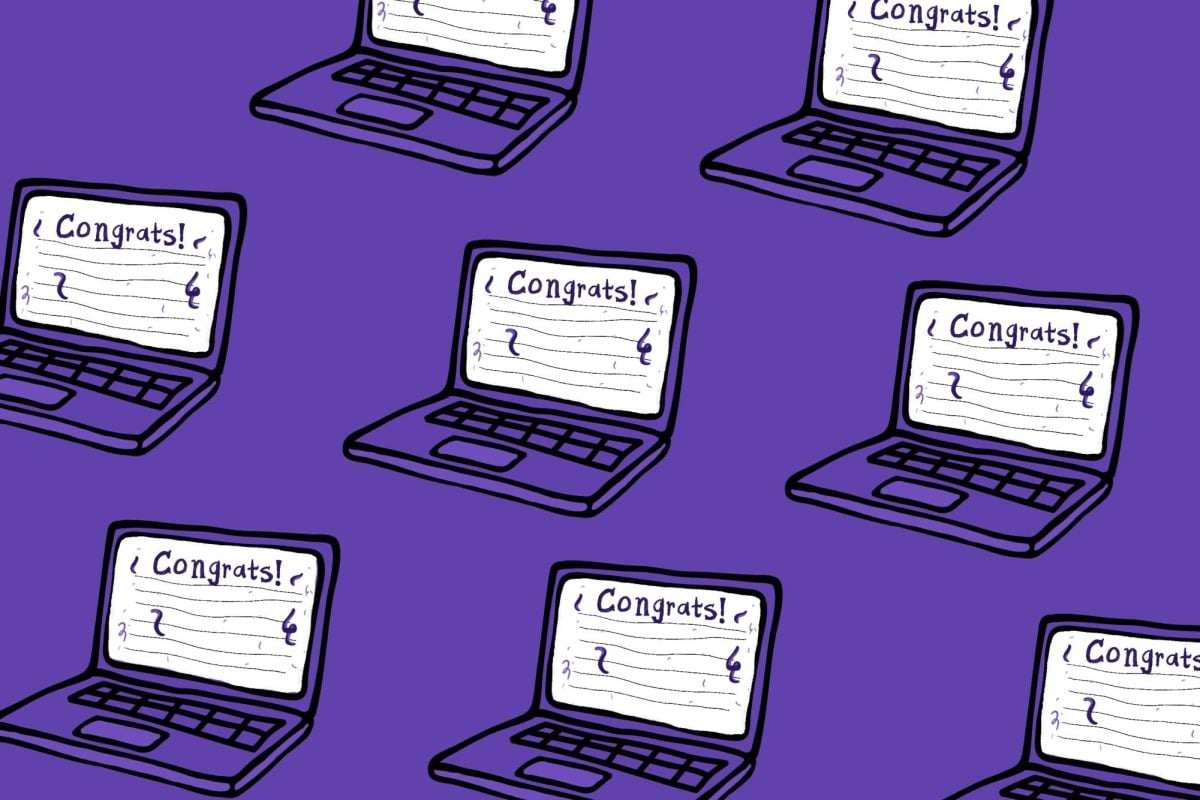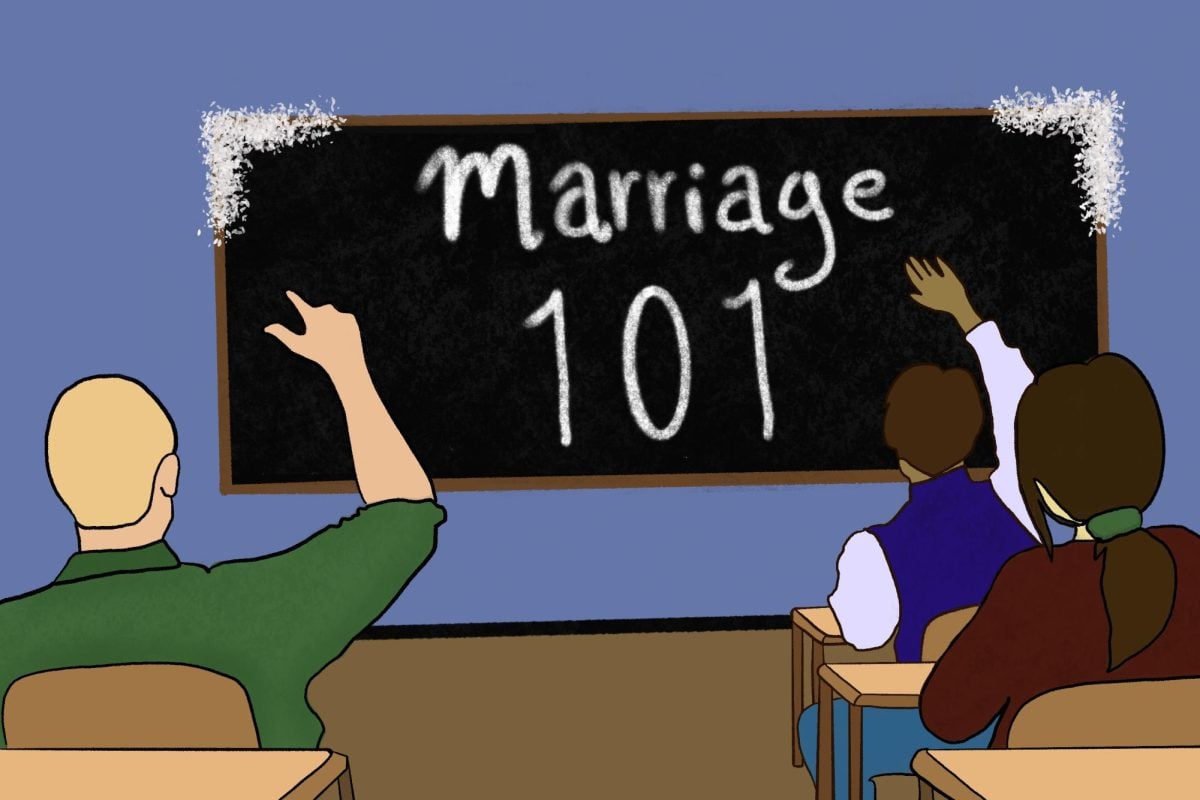Following a decision by the library to upgrade to a new online payment system for printing, the WildCARD office will discontinue the CashStripe program, which Northwestern students currently use to transfer cash to their WildCARDs to pay for print jobs as well as products from select vending machines and Kafe Kellogg.
“It pretty much is an antiquated system,” said Art Monge, WildCARD program manager. “It’s about 20 years old.”
Students previously used CashStripe at the food court in Norris University Center, dorm laundry rooms and outside campus vendors, such as Burger King, but these programs were phased out over time. Most recently, the Undergraduate Housing Office switched laundry machine payment from CashStripe to Munch Money payments two years ago, Monge said.
CashStripe is still accepted at some vending machines on campus that have not been updated to accept credit cards because they are out of wireless range, Monge said.
“After the library decided to change their system, it made no sense for us to keep it for just two very small areas of service,” Monge said.
According to the WildCard website, students will not be able to add money to their CashStripe after June 11. When the library switches to its new printing system after spring quarter ends in June, students will no longer be able to use CashStripe funds to pay for print jobs. However, until Jan. 31 of next year, they will be able to spend their remaining CashStripe balances at Kafe Kellogg and the vending machines or transfer their balances to their new printing accounts, Monge said.
Currently, all CashStripe card readers and “Cash-to-Card” machines bear signs notifying students of the discontinuation of the program. Monge said email notifications have been sent out to students and flyers will be distributed around campus soon.
Because it is alerting students about the change, Monge said he does not think the library will face the same challenges Undergraduate Housing and food services did when they stopped accepting CashStripe. This lack of notification resulted in many complaints from students who were left with excessive balances on their cards that they could no longer use for meals and laundry.
“The library took note to that and made a strong effort to not repeat that mistake,” Monge said.
Some students are already trying to spend their remaining CashStripe balances before the transition.
“My friends are trying to use all their money before the year’s over,” said Eric Kennedy, a Weinberg sophomore.
Discontinuing the CashStripe program will not have any major financial implications for the WildCARD office, said Brian Peters, director of University Services.
“It’s pretty much a break-even,” Peters said. “It doesn’t affect us significantly because even though the card machines and readers that had been out there had been fully advertised, we were paying for significant repairs and maintenance because the program and the equipment were quite old.”
Monge said the CashStripe program never generated any revenue for the University and was never intended to do so. It was more for the convenience of students, he said.
While the discontinuation of the CashStripe program will not affect the WildCARD office financially, the library will face a cost as it transitions to the new program. There is no final price set for the transition to the new printing system because it is still ongoing, said Clare Roccaforte, the director of library public relations. That cost will include new equipment, staff time, network expenses and a fee charged by the vendor of the new system, she said.
“The project is an investment that we needed to make for our patrons,” Roccaforte said.
For the time being, students will not see any change in the appearance of their WildCARDs. Monge said all newly issued WildCARDS, even those for incoming freshmen, will have the black stripe on the bottom of their back sides, even though it cannot be used.
The WildCARD office still has eight to 12 months of remaining cardstock, but after that supply is depleted, the cards will no longer feature the thin stripe used by the program, Monge said. He said he does not expect any issues as the program comes to an end because it has been phased out so gradually.
“This is not something the University community would have a problem with,” Monge said. “It was a smooth transition with the library to finalize the discontinuation.”






